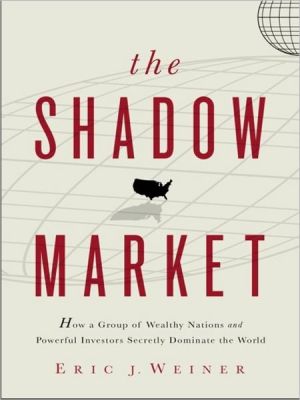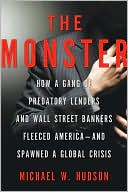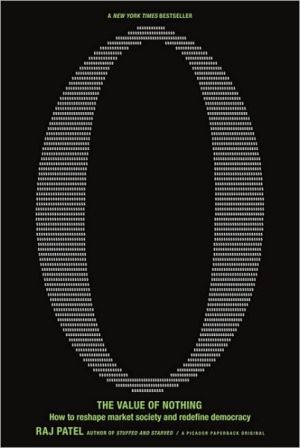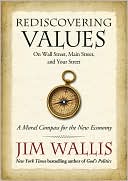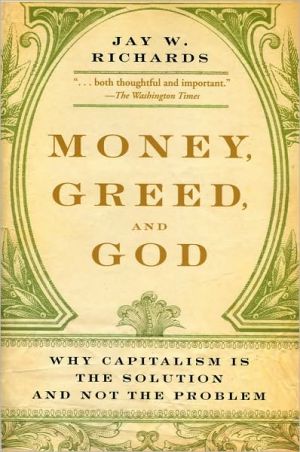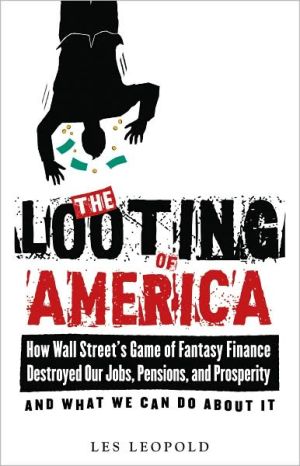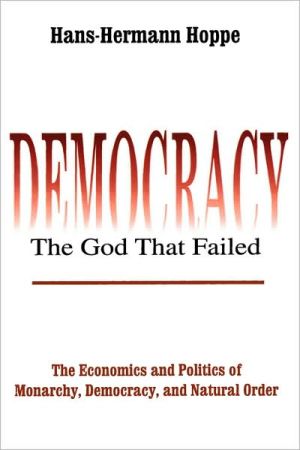The Shadow Market: How a Group of Wealthy Nations and Powerful Investors Secretly Dominate the World
A maverick business journalist investigates how global economic power is increasingly controlled by foreign countries and private investors in ways that the U.S. government can't control and that the average American knows nothing about.
Search in google:
A maverick business journalist investigates how global economic power is increasingly controlled by foreign countries and private investors in ways that the U.S. government can't control and that the average American knows nothing about.Eric J. Weiner's critically acclaimed first book, What Goes Up: The Uncensored History of Modern Wall Street as Told by the Bankers, Brokers, CEOs, and Scoundrels Who Made It Happen, was selected as one of the year's best books by Barron's magazine and one of the year's Most Enriching Reads by Kiplinger's. Weiner has demonstrated a deep knowledge of Wall Street and how the international financial world operates. Now, in The Shadow Market, he reveals that an enormous reshuffling of global fiscal power is taking place—-and that Americans are powerless to stop it.Most of us are unaware of the multitrillion-dollar network of super-rich, secretive, and largely unregulated investment vehicles—-foreign... Publishers Weekly For Weiner (What Goes Up), the “shadow market”--an invisible nexus of wealthy nations, hedge funds, and private equity funds--controls access to capital and natural resources, and by extension, the global economy. The author attributes this shadow market’s rising influence to the secrecy surrounding its participants’ actions: since investing and business decisions are made behind closed doors, they are impossible to regulate. The book’s lengthiest discussion is devoted to the ascendancy of China, whose current account surplus is fueling extraordinary growth in its exchange reserves and whose financial policies “were a major contributor to the expansion of the U.S. lending bubble.” Weiner is equally concerned with the losers in the world’s new economic order, devoting significant space to the U.S. and “Old Europe,” both of which he considers to be poorly positioned to protect their interests in the next century. This informative, admirably lucid book is less concerned with exposing the shadow market’s influence than with placing its emergence in the context of a larger geopolitical shift in power from the West to the East. (Oct.)
Prologue: The Future Happened Yesterday 11 Money Is a Weapon 132 How to Spend $4 Trillion 333 The Land of Giants 514 Chinese Hardball 675 Too Small to Fail 1276 Rogue Oil 1557 Beware the Do-Gooders 1938 Colonizing Europe in the Twenty-first Century 2179 The American Dream, Now On Sale! Everything Must Go! 243Epilogue: But What About Me? 257Acknowledgments 267Notes 271Bibliography 279Index 289
\ Publishers WeeklyFor Weiner (What Goes Up), the “shadow market”--an invisible nexus of wealthy nations, hedge funds, and private equity funds--controls access to capital and natural resources, and by extension, the global economy. The author attributes this shadow market’s rising influence to the secrecy surrounding its participants’ actions: since investing and business decisions are made behind closed doors, they are impossible to regulate. The book’s lengthiest discussion is devoted to the ascendancy of China, whose current account surplus is fueling extraordinary growth in its exchange reserves and whose financial policies “were a major contributor to the expansion of the U.S. lending bubble.” Weiner is equally concerned with the losers in the world’s new economic order, devoting significant space to the U.S. and “Old Europe,” both of which he considers to be poorly positioned to protect their interests in the next century. This informative, admirably lucid book is less concerned with exposing the shadow market’s influence than with placing its emergence in the context of a larger geopolitical shift in power from the West to the East. (Oct.)\ \ \ \ \ From the Publisher"A revealing—and troubling—overview of the uses of money and power at the international level." —-Library Journal\ \
